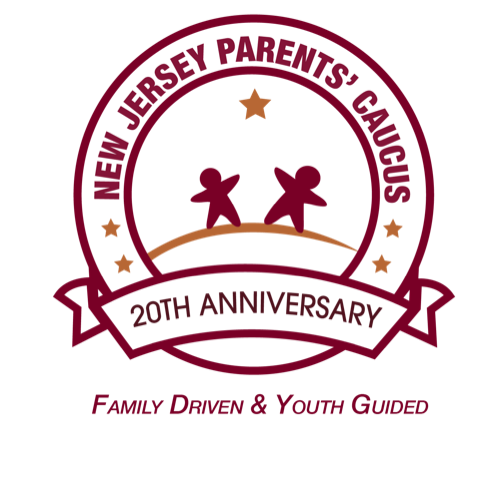20 November 2013
By: H. Westley Clark, M.D., J.D., M.P.H., CAS, FASAM,Director, Center for Substance Abuse Treatment
With all the attention given to bath salts, heroin, and prescription drugs, it is very easy to forget that the excessive use of alcohol can affect how you think, what you think, and what you do. While intoxicated, a person may also engage in the use of illegal drugs such as cocaine or its base, crack. And, binge drinkers suffer impairment in such thinking functions such as attention, abstract reasoning, organization, planning, self-monitoring and the ability to control one’s behavior which contributes to their ability to recognize that buying illegal drugs, using illegal drugs, and being under the influence of illegal drugs can only complicate life. When cocaine is thrown into the pot, no pun intended, decision-making, planning, and memory can be affected.
Mixing alcohol and cocaine is a bad idea. Mixing alcohol and cocaine leads to impulsive behavior and interferes with learning and thinking. Some people experience a more intense “high” when they mix cocaine and alcohol because the liver metabolizes these substances into cocaethylene; in addition, an increase heart rate and blood pressure often occur. This combination substance also increases the risk for sudden death. It has been suggested that cocaethylene can increase violent thoughts and threats, and bad behavior. Just how cocaethylene does this is not clearly understood, but the fact is that drinking and drugging is ill advised.
Excessive drinking and/or drug use can produce dependence requiring treatment. So, when prevention is insufficient, it is important to seek out treatment. Those suffering from a substance use disorder are encouraged to seek out treatment as soon as possible. A hallmark of addiction is a loss of control in life and over life, resulting in legal problems, employment problems, family problems and mental health problems. Those who experience severe alcohol and drug-related problems can and do recover; however, and the earlier help is sought the more likely negative consequences or complications of use can be avoided.
